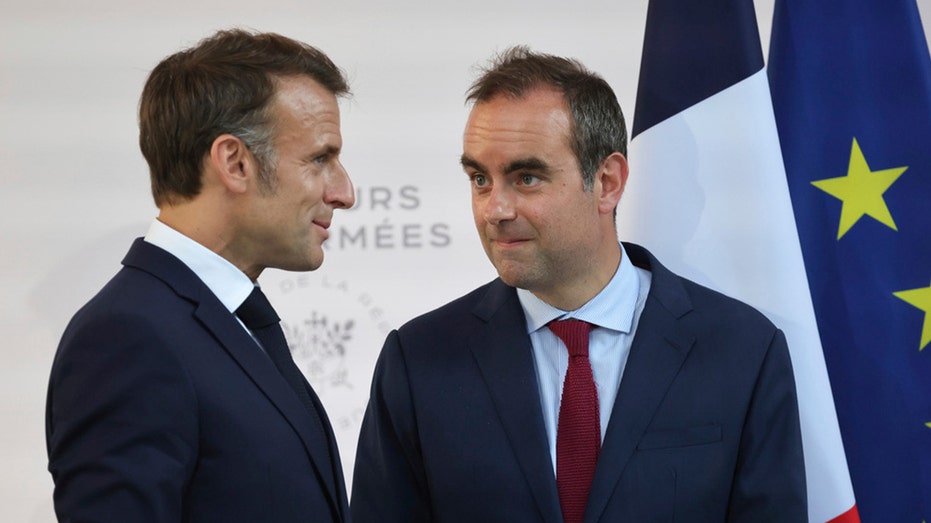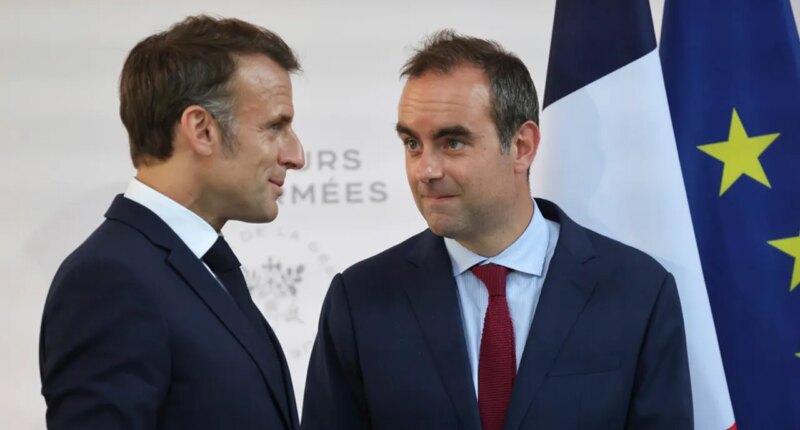Share this @internewscast.com

Under intense criticism, Sébastien Lecornu, France’s new prime minister, stepped down just a day after announcing his government, marking his tenure as less than a month and causing a significant political upheaval in the country.
The French presidency announced Monday that President Emmanuel Macron accepted Lecornu’s resignation. Lecornu had taken over from François Bayrou, becoming France’s fourth prime minister within a year.
A faithful ally of Macron, Lecornu said conditions were no longer met to remain in office after failing to build a consensus.
In his resignation address, Lecornu commented, “Success requires little; one needs to be selfless and humble, always prioritizing the country over the party.”
Lecornu’s primary challenge was to approve a budget amidst France’s severe debt crisis. By the first quarter of 2025, France’s debt had reached 3.346 trillion euros ($3.9 trillion), equating to 114% of its GDP. Debt repayment is a significant budget concern, making up about 7% of government spending.
Key roles in the previous Cabinet saw limited changes, with Bruno Retailleau continuing as the interior minister responsible for policing and internal security, Jean-Noël Barrot staying on as foreign minister, and Gérald Darmanin retaining the position of justice minister.
French politics has been unstable since President Macron called for early elections last year, resulting in a fractured parliament. Lawmakers from the far-right and left-wing occupy over 320 seats in the National Assembly, while centrists and their conservative allies hold 210 seats.
Seeking consensus at the National Assembly, Lecornu consulted with all political forces and trade unions before forming his Cabinet. He also vowed that he would not employ a special constitutional power his predecessors had used to force budgets through Parliament without a vote and would instead seek compromise with lawmakers from the left and the right.
















